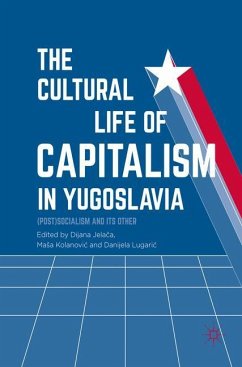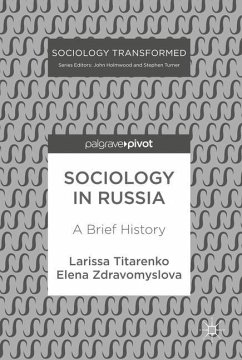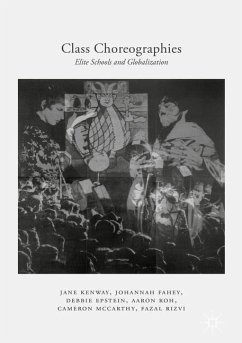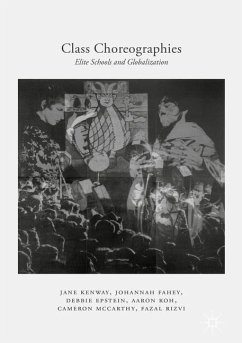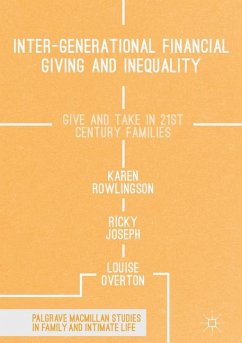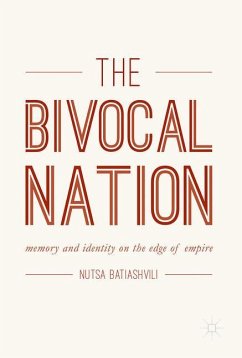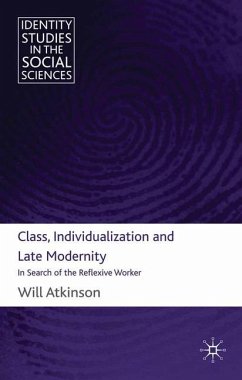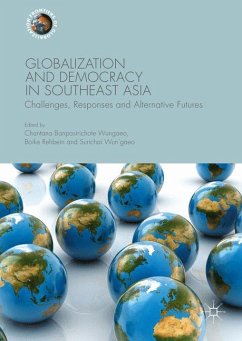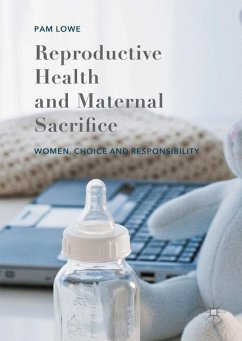
Everyday Post-Socialism
Working-Class Communities in the Russian Margins
Versandkostenfrei!
Versandfertig in 6-10 Tagen
98,99 €
inkl. MwSt.
Weitere Ausgaben:

PAYBACK Punkte
49 °P sammeln!
This book offers a rich ethnographic account of blue-collar workers' everyday life in a central Russian industrial town coping with simultaneous decline and the arrival of transnational corporations. Everyday Post-Socialism demonstrates how people manage to remain satisfied, despite the crisis and relative poverty they faced after the fall of socialist projects and the social trends associated with neoliberal transformation. Morris shows the 'other life' in today's Russia which is not present in mainstream academic discourse or even in the media in Russia itself. This book offers co-presence a...
This book offers a rich ethnographic account of blue-collar workers' everyday life in a central Russian industrial town coping with simultaneous decline and the arrival of transnational corporations. Everyday Post-Socialism demonstrates how people manage to remain satisfied, despite the crisis and relative poverty they faced after the fall of socialist projects and the social trends associated with neoliberal transformation. Morris shows the 'other life' in today's Russia which is not present in mainstream academic discourse or even in the media in Russia itself. This book offers co-presence and a direct understanding of how the local community lives a life which is not only bearable, but also preferable and attractive when framed in the categories of 'habitability', commitment and engagement, and seen in the light of alternative ideas of worth and specific values. Topics covered include working-class identity, informal economy, gender relations and transnational corporations.





